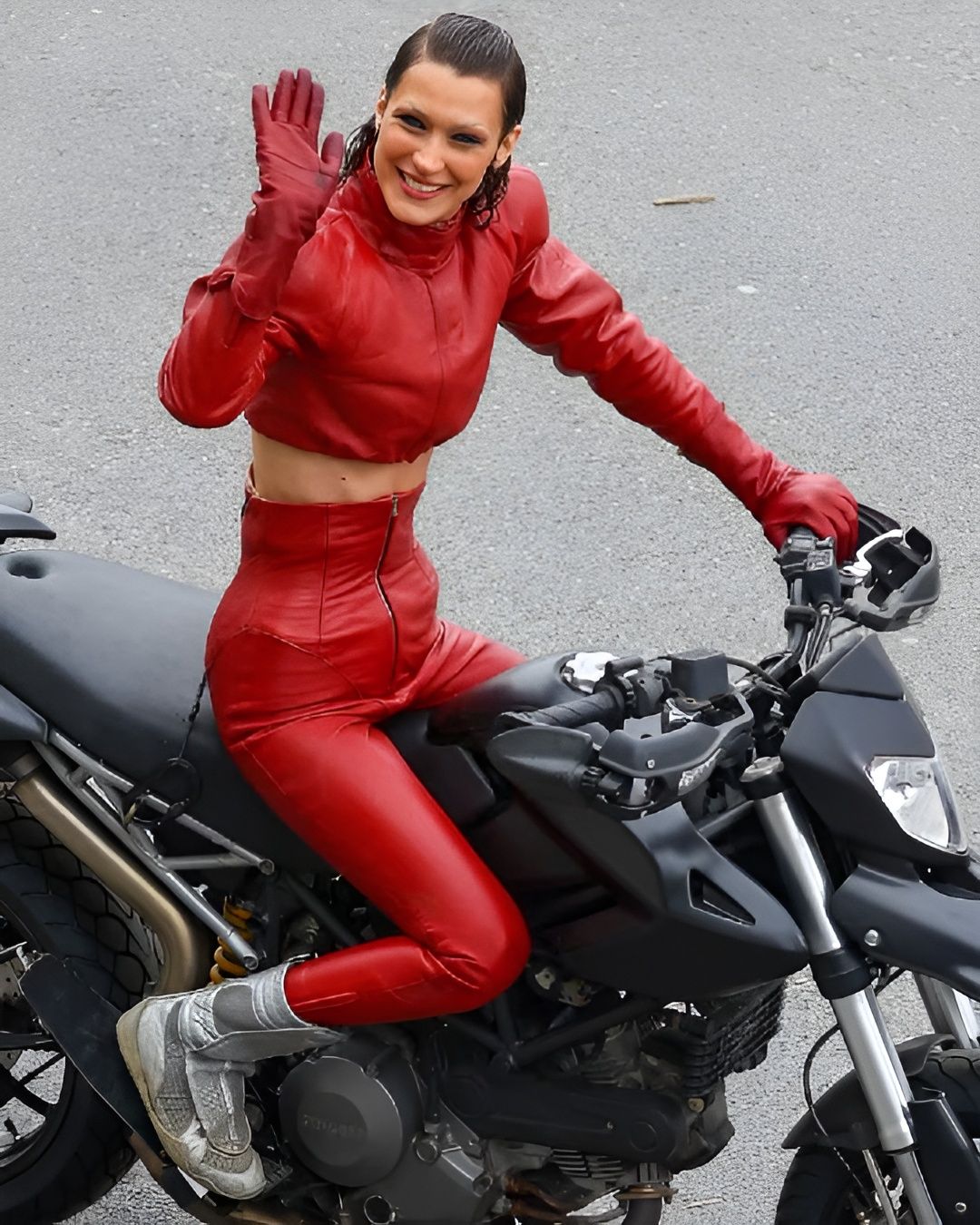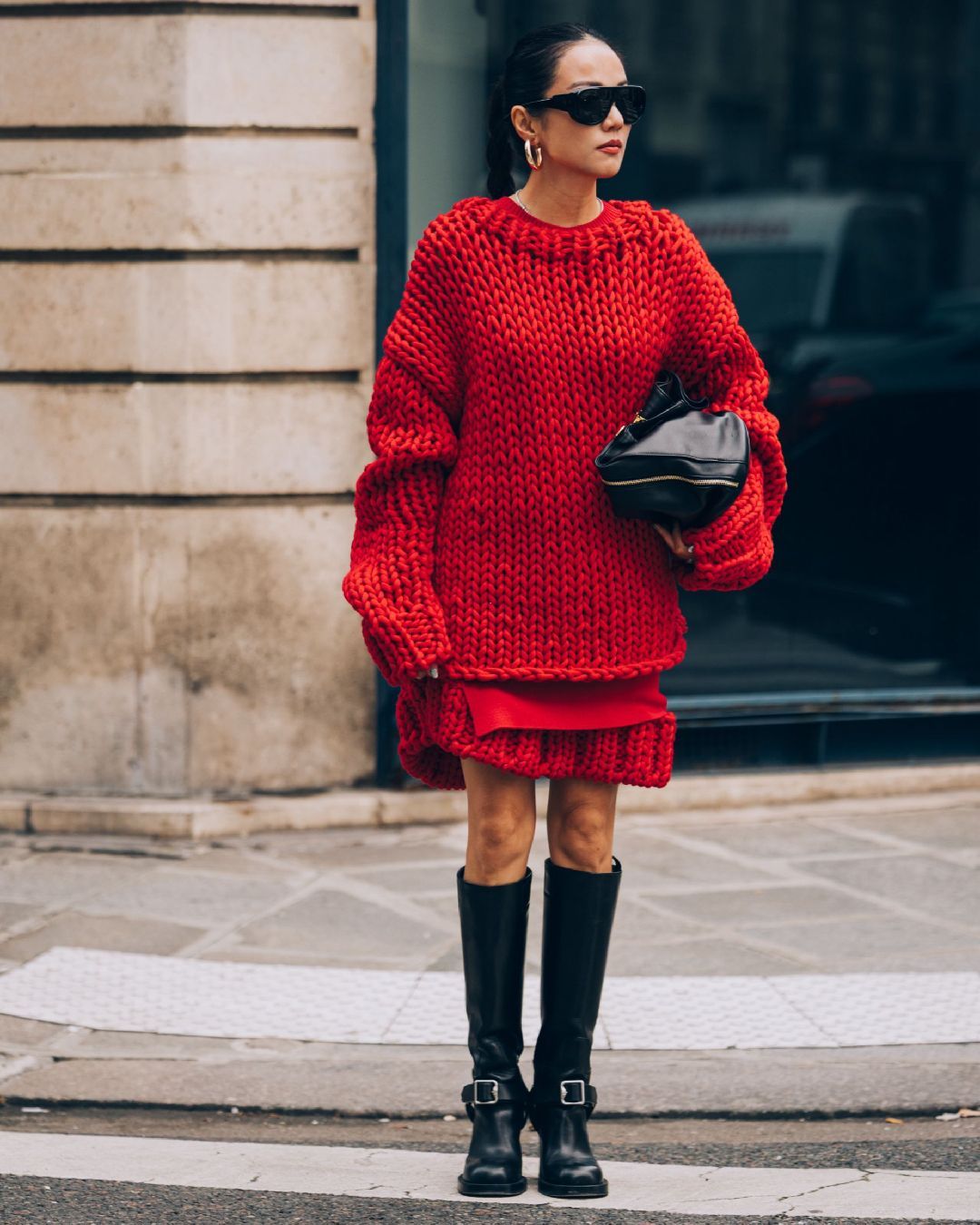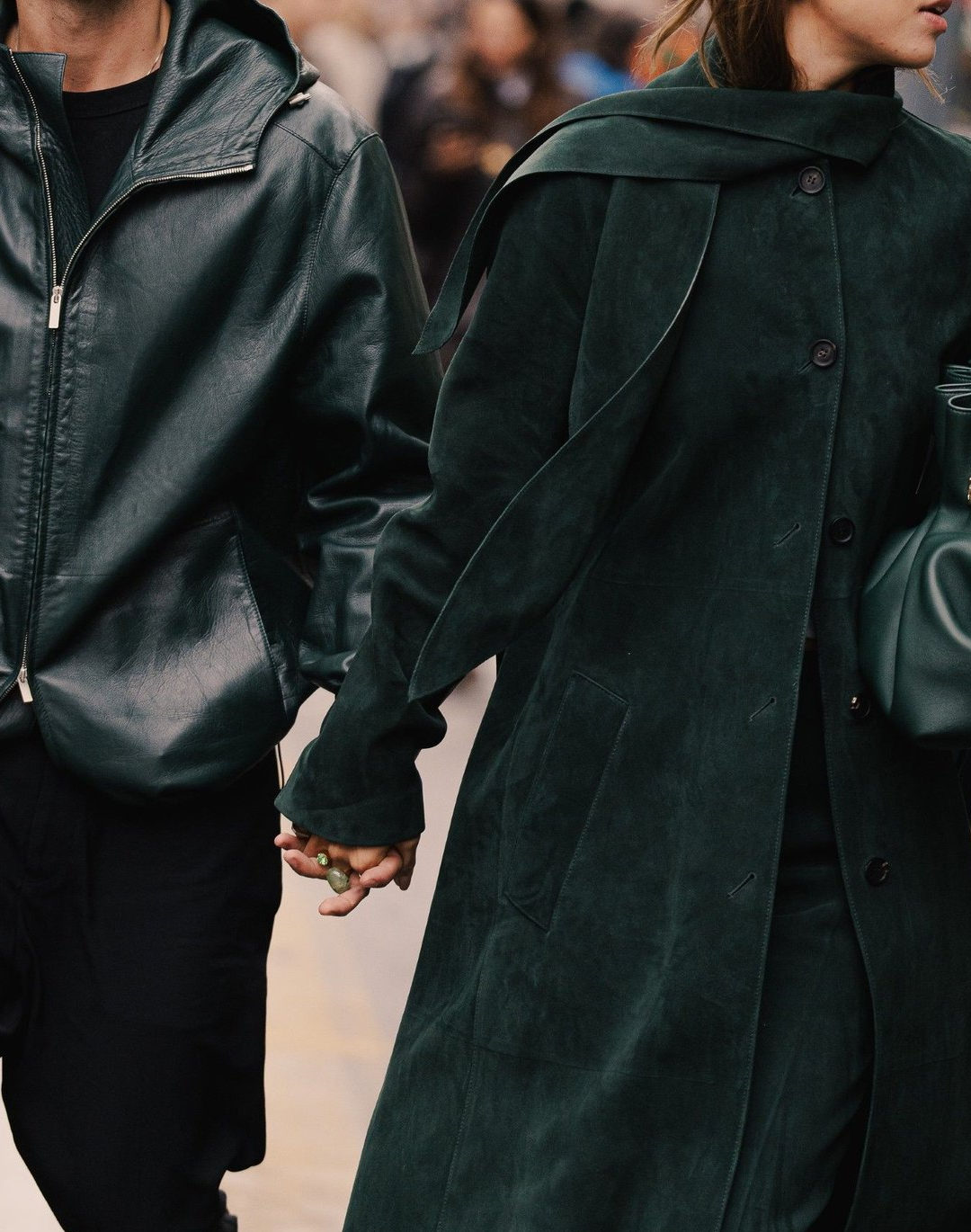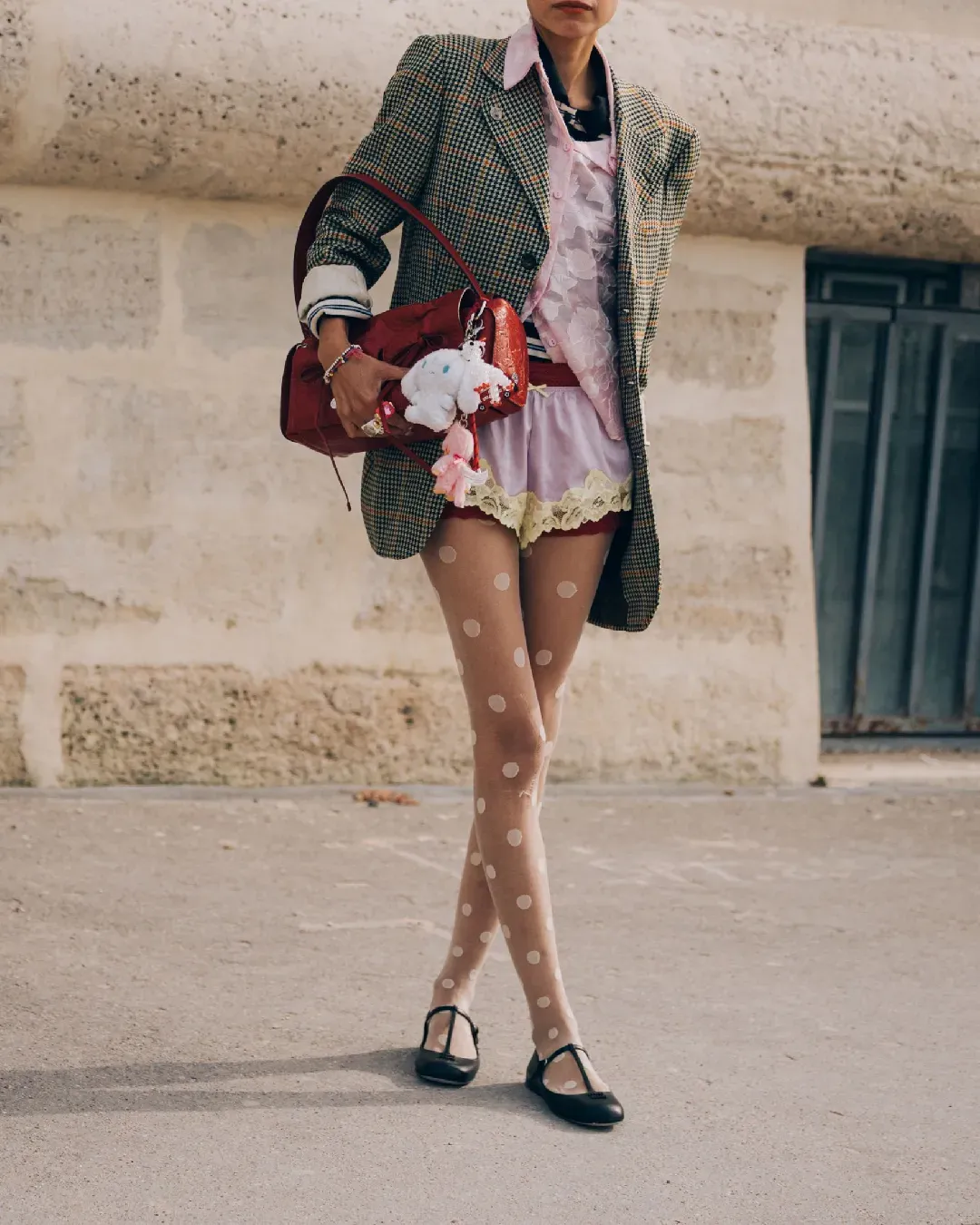
How are eco-influencers truly sustainable? They have been asking themselves the same question
April is officially the most greenwashing month of the year, the fair of false "green" promises. According to a report instituted by the European Union, more than 50% of the sustainable claims made by supposedly "eco-friendly" brands are either unfounded or unverified, while an analysis conducted in 2022 by Changing Markets reveals that even certified initiatives do not meet the transparency requirements needed to confirm their veracity, as they are self-regulated and therefore unreliable. In the face of the discouraging results of sustainable marketing, the European Union is officially trying to impose strict rules against greenwashing, but as the latest draft legislation published on the subject is too vague and so far without effective legal power, the initiative is insufficient in its intent. And so April 22, Earth Day - the anniversary of the birth of modern environmentalism (1970) - although originally established to commemorate the importance of taking care of the environment, has been transformed into a succulent advertising opportunity, a month-long event that magically coincides not only with the arrival of warm weather and the first blossoms, but also with the launch of big brands' newest "green" campaigns and collections.
kristen mcmenamy for vogue italia’s controversial cover story “water & oil” august 2010, by steven meisel pic.twitter.com/Dfs6cilQDD
— Nathan (@muglerize) November 28, 2020
Bypassing the ethical aspect of Earth Day for profit, the term "sustainable" has become a sort of customer-catching medal for modern advertising, a gaudy badge to be attached to the recycled plastic container of a face cream, itself composed of microplastics. This reality is pushing many interested in environmental issues towards a doomy and catastrophic pessimism, and influencers are the ones saving them. It may seem contradictory, but the only ones who seem to be able to unmask greenwashing are them. Despite innately pro-consumerism, the #paidads and gift packages, influencers are the ultimate social media standard-bearers of ecology. But how can you be sustainable, if your job is to encourage buying?
@acteevism beware of greenwashing this month #greenwashing #earthmonth #sustainability #sustainablefashion original sound - Megan McSherry - eco fashion
For Megan McSherry, better known as @acteevism, being sustainable means doing the best with what you have. The byline of her page on TikTok reads «imperfect sustainability,» emphasising the inclusive message of her content. Rather than subjecting her followers to a slew of paid posts, McSherry opts for clips illustrating how to care for clothes so that they last longer, or how to create new ones from unused fabrics and garments. As she explains, the brands she works with are meticulously vetted by her and her colleagues before signing any contracts. «I help my audience make a more informed decision about a product, instead of just trying to convince them to buy it,» McSherry explains, «I have a group of other sustainable influencers who care about the same values as me, so if I have a question about the sustainable aspect of a brand they help me with what they know.»
While the environmental activism advocated by influencers such as McSherry aims to educate as many people as possible through easy steps to implement in everyday life, for those who want to delve deeper into sustainable fashion issues, there are niche pages created by experts in the field. Virginia Rollando, for example, is an industrial engineer who works alongside clothing brands to develop production tools to reduce the environmental footprint of manufacturing factories. «The thing that I regret is out of my control,» explains Rollando, «is that in the end the real difference is producing less. I can only help make the process more sustainable.» Rollando's environmental commitment has long since resulted in a partnership with Simply Suzette, a denim specialist page that, in addition to offering advice on eco-sustainable issues, aims to bridge the gap between consumers and companies by «democratising information and encouraging informed purchasing decisions.»
The most successful eco-influencers have become real experts in tracking down the tactics used by brands to convince them to collaborate, but there are still those among them who struggle not to fall into the pitfalls of greenwashing. «I have definitely been green-washed in the past,» says a former content creator who has now left social media, «a brand had contacted me and sent me its reusable straws.» After trying them out for a few days, she realised her mistake: «it wasn't a good product and it was clearly from a company that had just launched into the reusable straws trend.» The emergence of eco-influencers is hopefully a sign of a growing collective concern for our planet, but at the same time it could herald the arrival of bogus content creators, who like the elusive "eco" brands may try to scam followers using all kinds of buzzwords: «clean,» «eco-conscious,» «kind to the environment,» «organic,» «carbon neutral.» This is why it is necessary to be able to distinguish informative content from that lacking moral integrity, a task that falls as much to these influencers as to those who follow them.















































